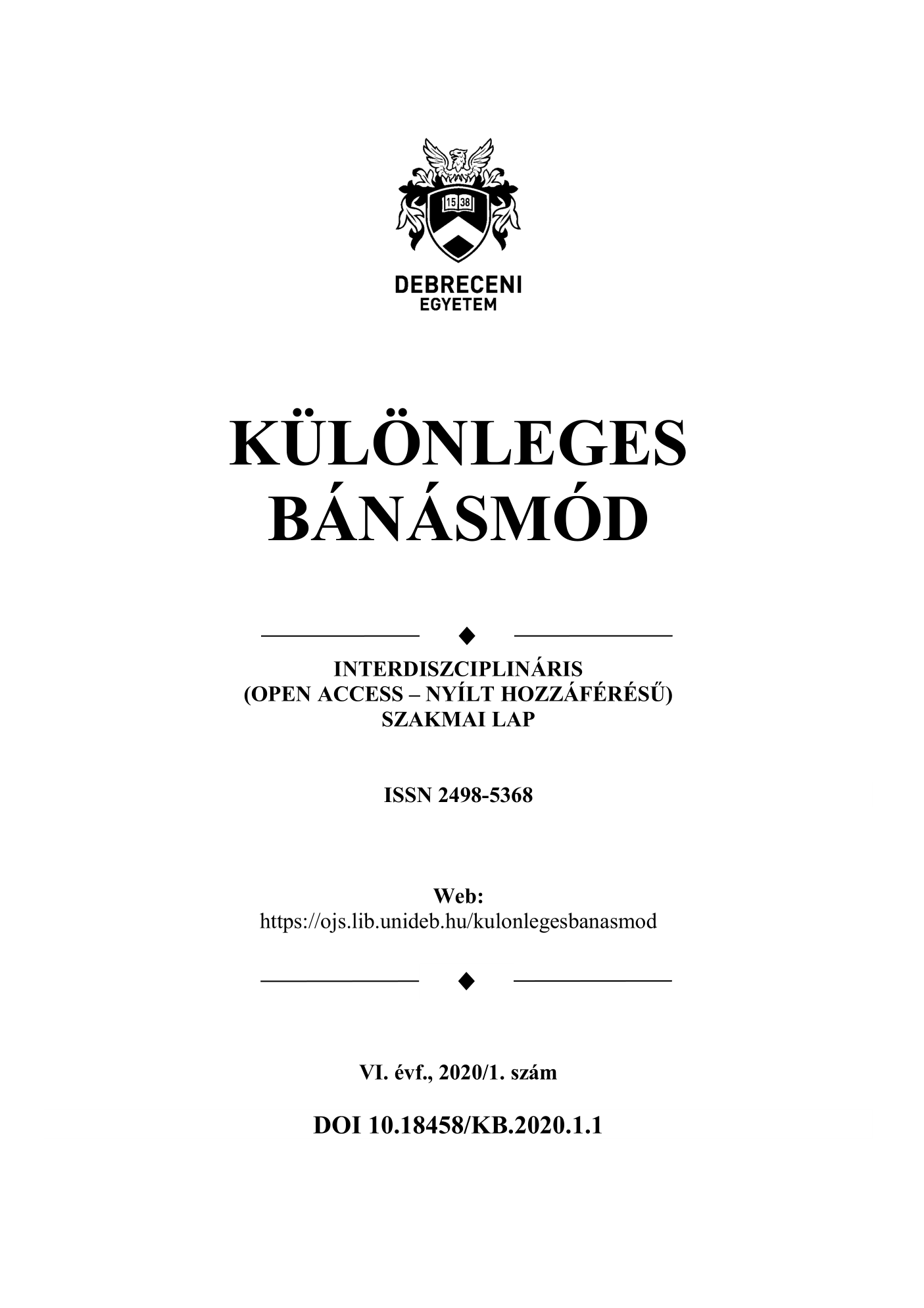ATTITUDES TOWARDS THE SPORT OF PERSONS WITH DISABILITIES, I. E.: IS THE SPORT IMPORTANT IN THE LIVES OF PEOPLE WITH DISABILITIES?
Authors
View
Keywords
License
Copyright (c) 2020 Emese Balázs-Földi , Miklós Villás

This work is licensed under a Creative Commons Attribution-NonCommercial-NoDerivatives 4.0 International License.
How To Cite
Abstract
The equal opportunities approach of the second half of the 20th century emphasizes the social inclusion of disadvantaged groups, including persons with disabilities. Education and employment play a key role in achieving integration. Nevertheless, other fields such as leisure time and sporting activities also contribute positively to the social involvement of persons with disabilities. At present nearly 7,000 persons with disabilities are registered in Hungary who pursue sports competitively, of whom approximately 5,000 persons with intellectual disabilities (Regényi et.al, 2017). The study discloses the partial results of a research aimed at revealing the awareness of the Hungarian population regarding the sport of people with disabilities. As such research has never been carried out in Hungary before, it can fill in a niche. The results of our exploratory research may be the starting point for further investigations. The importance of the topic is given by the fact that thanks to the sport the focus is on the outstanding performance of the social group concerned rather than on their limitations and deficiencies, which therefore reinforces the positive and accepting attitude of citizens. Previous research findings have highlighted that the nature of disability-related knowledge influences the way the members of society think about persons with disabilities, i.e. when it is possible to provide information and gain experience focusing on the existing abilities and strengths of the above -mentioned group, attitudes become more positive as well. The findings of the research reveal that respondents consider it important to pursue sport within an integrated framework, at the same time they feel it is justified to do segregated sports with a view to persons with disabilities. Based on the results we can state that the media coverage of achievements in sports competitions of persons with disabilities is perceived as low level, but apparently it is not considered to be a key area in the lives of persons with disabilities.


 https://doi.org/10.18458/KB.2020.1.19
https://doi.org/10.18458/KB.2020.1.19